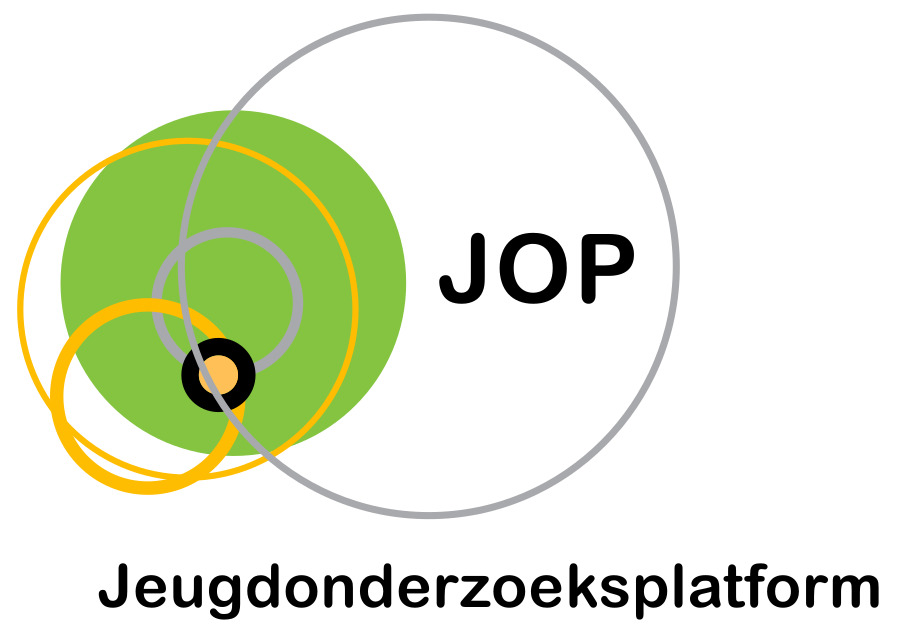Social media as an exit strategy? The role of attitudes of discontent in explaining non-electoral political participation among Belgian young adults.
Auteurs
Waeterloos, C., walrave, M., & Ponnet, K. (2024)

Abstract
Gevoelens van ontevredenheid over de politieke status quo worden verondersteld burgers te mobiliseren tot niet-institutionele politieke acties, zoals protest. Er is echter weinig bekend over of en hoe politieke participatie via sociale media een alternatieve uitlaatklep biedt voor ontevreden burgers. Geleid door de grievance theory, beoordeelt dit artikel hoe zowel electorale exit-gedrag (bijvoorbeeld onthouding) als houdingen van politieke ontevredenheid (politiek en mediavertrouwen, politieke hopeloosheid en populisme) geassocieerd zijn met drie vormen van niet-electorale politieke participatie: institutioneel, protest en sociale mediadeelname. Een online enquête werd afgenomen bij 720 jongvolwassenen tussen 18 en 30 jaar in België. Een hiërarchische regressieanalyse toonde geen verband tussen electorale exit en niet-institutionele participatie. Bovendien bleek dat houdingen van ontevredenheid jongeren niet uniform afhouden van institutionele politiek. Onze resultaten tonen aan dat sociale media een belangrijk, aanvullend politiek platform bieden voor jonge burgers en ondersteunen het idee dat politieke participatie eerder aanvullende dan exclusieve handelingen zijn.
Feelings of dissatisfaction with the political status quo are believed to mobilize citizens into non-institutional political action, such as protest. Still, little is known about whether and how political participation through social media provide an alternative voicing route for discontented citizens. Guided by grievance theory, this article assesses how both electoral exit behaviour (e.g., abstaining) and attitudes of political discontent (political and media trust, political hopelessness and populism) are associated with three modes of non-electoral political participation: institutional, protest and social media participation. An online survey was administered to 720 young adults between 18 and 30 years old in Belgium. A hierarchical regression analysis showed no association between electoral exit and non-institutional participation. Furthermore, attitudes of discontent were found to not uniformly push young citizens away from institutional politics. Our results show that social media provide an important, additional political outlet for young citizens and lend support to the notion of political participation as complementary acts, rather than exclusive ones.
Referentie
Waeterloos, C., walrave, M., & Ponnet, K. (2024). Social media as an exit strategy? The role of attitudes of discontent in explaining non-electoral political participation among Belgian young adults. ACTA POLITICA, 59, 364–393.
Taal
Engels
